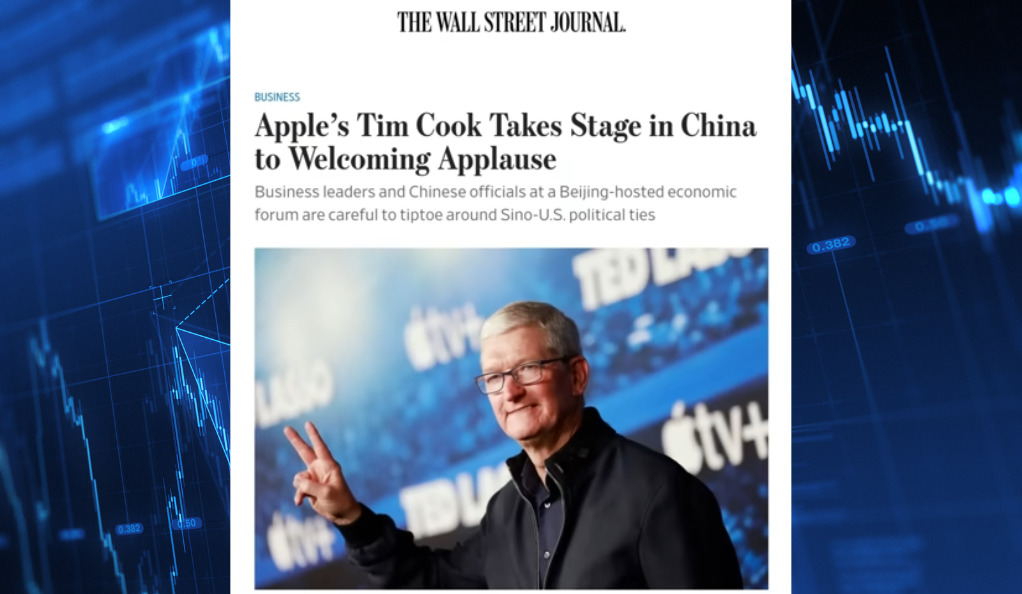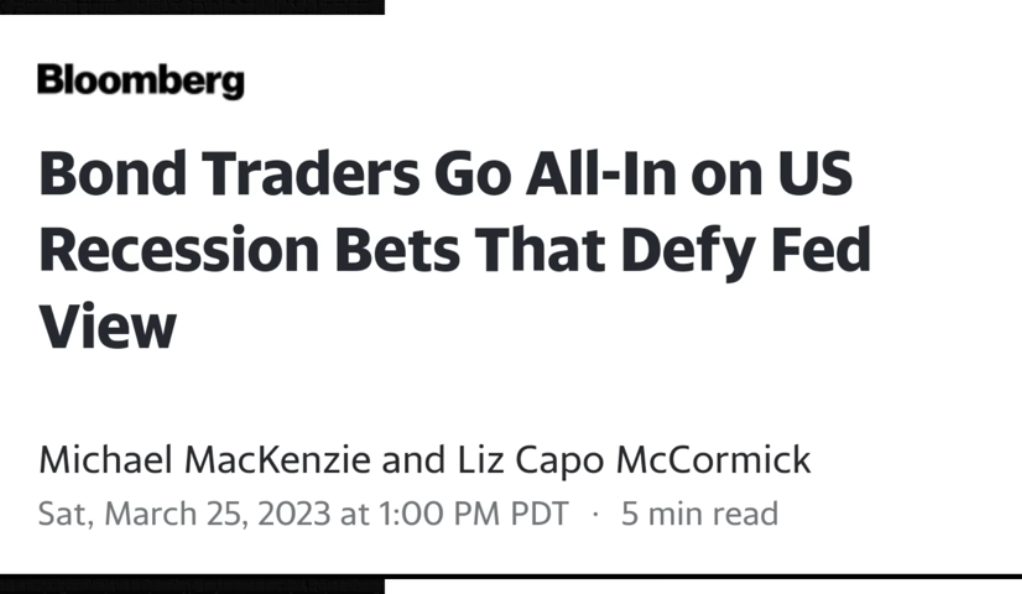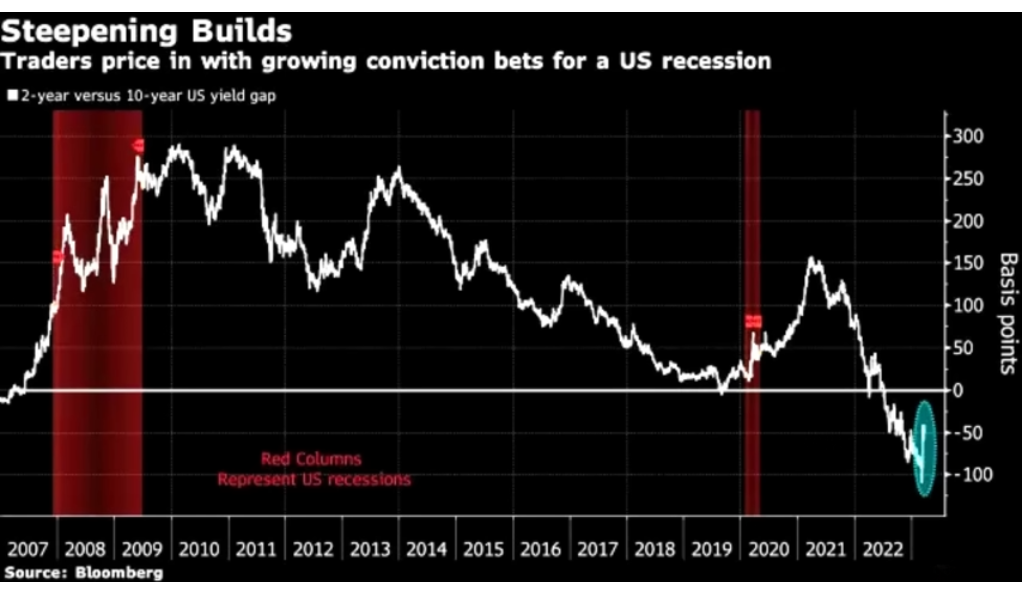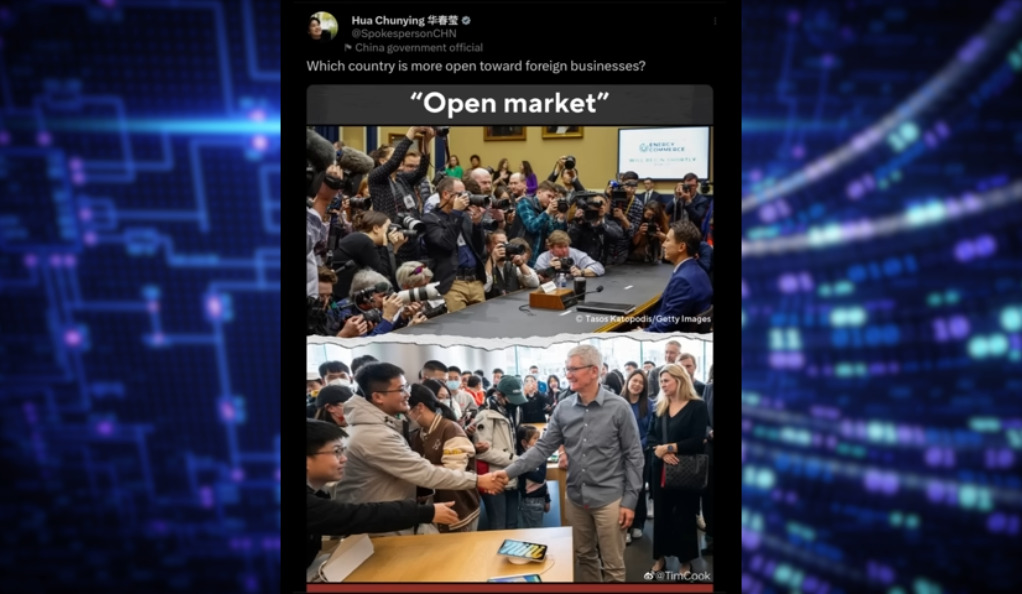We are undeniably living in an era where technology has emerged as the pivotal force driving societies and economies. It is much more than just a tool; it is a powerful phenomenon that shapes our daily lives, forms the basis of our communications, and fuels the engines of economies across the globe. It pervades every sphere of human activity, from how we socialize to how we work, learn, and entertain ourselves. This digital revolution has not only transformed our way of life but also laid the foundation for modern civilization, playing a significant role in everything from basic governance to advanced scientific research. At the heart of this technological revolution is the power of innovation, and one company that has harnessed this power like no other is the US-based tech behemoth, Apple Inc.

Under the stewardship of its visionary CEO, Tim Cook, Apple has built its reputation on a relentless pursuit of innovative practices and a strategic approach to the global market. It has managed to stay ahead of the curve, delivering cutting-edge technology products that have redefined consumer expectations and standards across the industry. A quintessential example of this forward-thinking approach was Cook’s recent visit to China, where he not only acknowledged but also praised China’s technological advancements and innovative capability. His emphasis on the essential ties between the US and China underscored the deep interdependencies in today’s globalized world. Yet, the implications of Cook’s visit and his statements extend beyond just Apple and China; they resonate within the larger fabric of global economics and politics. This action, seemingly simple, is actually a powerful statement within the complexity of global dynamics. It hints at the evolving relationships between global powers, the shifting epicenters of technological progress, and the intricate dance of diplomacy and economics on the world stage. To fully grasp its significance, we need to delve deeper, past the surface, into the intricate tapestry of international relations and global commerce.
Apple’s Asian Connection: The China Paradox
Why is Apple in China?
The connections between Apple and China are multi-faceted and deeply rooted. Cook’s recent applause for China’s innovation is the latest chapter in this ongoing narrative. It would be naive to consider this praise in isolation, divorced from the economic realities that underpin Apple’s relationship with China. China is a major player in Apple’s supply chain and a vibrant market for its products, forming a symbiotic relationship that is driven by more than just the spirit of innovation.
Controversial Compliments: Deciphering the Anti-China Sentiment
However, this relationship between Apple and China doesn’t exist in a vacuum. It exists amid a cloud of controversies and anti-China sentiments that have roots in political, economic, and trade considerations. American CEOs publicly praising China often leads to criticism due to this underlying anti-China sentiment. Yet, it is essential to understand that doing business in China does not imply endorsement of all aspects of the Chinese government or society. Apple’s approach to China, and Cook’s statements, are no different. These are grounded in practical business needs and should not be conflated with blanket endorsement of other aspects of China’s government and society.
Rumbling Economies: America’s Possible Banking Crisis

Fear or Fact: Are We on the Verge of a Recession?
In a world increasingly driven by economic interdependencies, America’s financial health has profound implications globally. Recent concerns about a possible banking crisis and recession in America are not unfounded. Economic indicators often signal possible downturns, causing a ripple of worry among economists, policy-makers, and the general public. However, one crucial aspect of economic conditions is their inherent unpredictability. Economies, like life, do not follow a straight path. They ebb and flow, following a cyclical trajectory that defies linear thinking. So, are we standing on the precipice of a recession, or is it merely a dip in the economic graph? Only time will tell.

The Unpredictability of Economics: Are We Ready?
Economic downturns, like the one we potentially face, do not come with a warning label. Their arrival is often sudden, turning prosperous times into periods of struggle. How prepared are we for such a scenario? The answer is more complicated than a simple yes or no. The readiness to face an economic crisis or recession depends on several factors. It includes our understanding of economic cycles, our response to early warning signs, and our ability to withstand the shock waves that an economic downturn invariably brings.

World in Flux: The Taiwan and Ukraine Issues
In a world in constant flux, the issues surrounding Taiwan and Ukraine stand out as two significant geopolitical challenges. Taiwan finds itself in a delicate situation, caught between its aspirations for independence and China’s assertive claims over the territory. Meanwhile, Ukraine continues to grapple with the aftermath of the conflict in Eastern Ukraine and the ongoing tensions with Russia. Both situations exemplify the complex and ever-evolving dynamics that shape global politics, highlighting the need for careful diplomacy and a nuanced understanding of the intricacies at play.

Taiwan: A Complex Geopolitical Situation
In the broader context of global politics, Taiwan has always been a tinderbox. Its unique relationship with China forms a complex geopolitical situation that requires delicate handling. It is a test of diplomatic acumen and strategic insight, the repercussions of which reverberate far beyond the shores of Taiwan and mainland China. The intricate and often volatile relationship between these two entities is not unlike a labyrinth, with each twist and turn representing a new challenge or potential flashpoint. The way forward is not marked by clear signs; it demands exceptional insight and sensitivity to navigate through it.
Ukraine: Navigating the Geopolitical Minefield
In another corner of the world, Ukraine presents its own set of complexities. The continuing geopolitical crisis in Ukraine is akin to a minefield, filled with hidden threats and unpredictable dangers. The crisis has become a litmus test for international diplomacy and the global world order. Each step, each decision, each diplomatic gesture could either diffuse the tension or trigger a series of potentially catastrophic events. As the world watches, the question remains – how can we navigate this minefield without causing an explosion?
Analyzing Geopolitical Complexity: The Need for Balanced Perspectives
Understanding the Intricacies
Both the Taiwan and Ukraine situations underscore the necessity for a balanced perspective. As the world grapples with these geopolitical issues, it is easy to get lost in the noise and take sides based on incomplete information or existing biases. However, that’s a dangerous path. It is essential to approach these situations with an understanding of the inherent complexities involved, analyzing them with a fair and unbiased lens. Each situation is unique and fraught with its own set of challenges. Oversimplifying or generalizing them could lead to missteps and increase the potential for conflicts.
The Balancing Act: Is There a Simple Answer?
When dealing with such complex situations, one might wonder if there are simple answers or solutions. The answer, unfortunately, is no. Each geopolitical issue is a conundrum in its own right, and each requires a tailored approach. Simple, one-size-fits-all solutions are often inadequate and could potentially exacerbate the problem. A balanced perspective, patience, and a nuanced approach are the need of the hour. These are our best bets as we strive to untangle the complexities and find a way forward.
Conclusion
Deciphering the Global Code
As we wrap up this discussion, it becomes clear that the global landscape is complex, interconnected, and ever-changing. Whether it is the Apple-China connection, concerns over an impending recession in the US, or the geopolitical conundrums in Taiwan and Ukraine, each situation is a piece of a larger puzzle. Each influences and is influenced by the others, creating a dynamic global picture that defies simplicity.
Tim Cook’s praise of China’s innovation, while seemingly straightforward, is entwined with larger economic, political, and social realities. The potential recession in America is not just a domestic concern but a global one, given the interconnectedness of world economies. The situations in Taiwan and Ukraine, while geographically distant, are interconnected through the shared threads of global politics and international relations.
In navigating this complex world, a balanced perspective is our most valuable tool. It allows us to see the larger picture, understand the complexities, and make informed decisions. As we grapple with these global dynamics, the key question we must continuously ask ourselves is – are we ready? Are we ready to navigate the complexities, to ride the waves of change, and to face the challenges that the future holds? The answer to this question will determine how we shape the future of our world.
Ainu Token aims to offer impartial and trustworthy information on cryptocurrency, finance, trading, and shares. However, we don't provide financial advice and recommend users to conduct their own studies and thorough checks.

Comments (No)